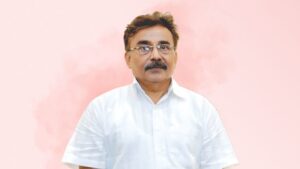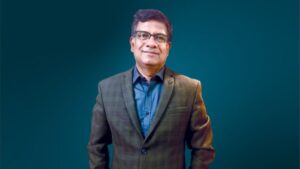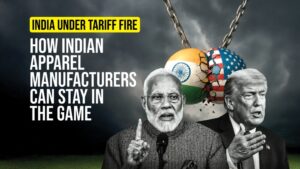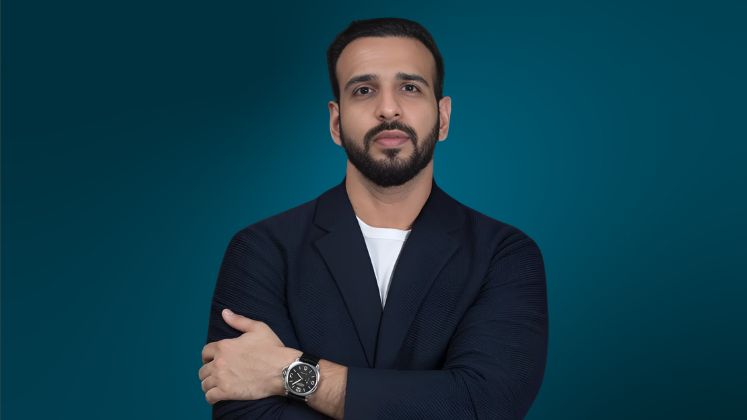
The Grameena Vikas Kendram Society of Rural Development (GVK Society), an Indian grassroots non-profit organisation whose goal is to create regenerative, circular, and socially inclusive agricultural value chains that maximise value for smallholder farmers and indigenous communities, has partnered with the Hugo Boss Foundation. According to a release, this is the Hugo Boss Foundation’s second long-term collaboration.
A regenerative food landscape and cotton fibre initiative in the indigenous communities of Andhra Pradesh, South India’s Eastern Ghats, will receive a donation of US $ 546,000 from the foundation over a three-year period. The objective is to create regenerative food and cotton landscapes on 5,250 hectares. In addition to providing social and economic advantages, this project should help reduce climate change and boost biodiversity.
Daniel Grieder, managing director of the Hugo Boss Foundation and CEO of Hugo Boss AG, stated, “We are thrilled to support GVK Society and their comprehensive approach to regenerative agriculture. By collaborating with them, we are promoting one of the most cutting-edge approaches to material procurement, which is crucial for lowering the environmental impact of the fashion industry and enhancing the standard of living for nearby farmers. This is consistent with Hugo Boss’s own pledge to source all of the natural materials used in our collections from closed-loop recycling or regenerative agriculture by 2030.”
“At GVK Society, our mission is to turn agriculture into a potent, nature-based solution that sustains independent communities living in balance with one another and the environment,” continued Aneel Kumar Ambavaram, chief functionary. “We will be able to expand into crops like coffee, pepper, millet, turmeric, and ginger with global market ties and further improve our regenerative model of the food and fibre environment thanks to the Hugo Boss Foundation grant. Our capacity to expand our influence and reach more farmers in more villages will be strengthened by this support, which will help to guarantee even healthier and more balanced soils in the long run.”






